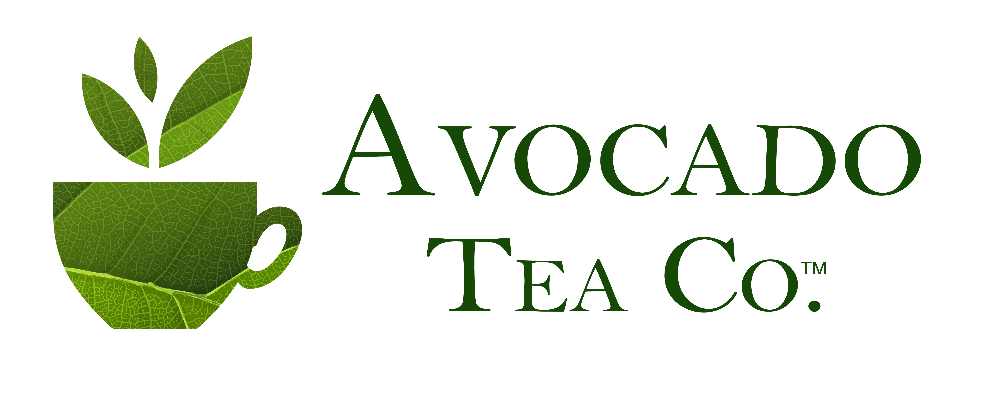Hypertension is a condition in which the blood pressure of the patient is elevated. It can be caused by several factors such as lifestyle and genetic factors. Hypertension can lead to serious health complications such as stroke, heart attack, kidney failure, and early death.
Keeping your blood pressure under control is one of the most important steps you can take to improve your overall health and well-being. The use of avocado leaves for hypertension is gaining popularity among people who have high blood pressure problems.
This article discusses a study done in 2015 on avocado leaves for hypertension management among the elderly.
Avocado Leaves and Hypertension
Avocado leaves are rich in many essential nutrients, vitamins, and minerals. The leaves of the avocado tree contain several beneficial compounds. They include vitamin B6, folic acid, vitamin C, and potassium. They also contain beta-carotene, which is converted into vitamin A in the body. These nutrients play an important role in preventing heart diseases and other health problems.
The leaves may also help lower blood pressure in elderly people by reducing inflammation and increasing oxygen supply to the heart muscle.
High blood pressure can cause several health problems such as stroke or kidney failure. Hence, it is important to maintain normal blood pressure levels for a healthier life span.
The anti-inflammatory nature of avocado leaves helps reduce inflammation in the body and prevents it from damaging blood vessels or organs such as the heart. This reduces the chances of developing heart disease or experiencing complications during surgery.
In fact, what we see is that there are many benefits of avocado leaves for hypertension, such as:
- Avocado leaves improve blood circulation, which helps to reduce blood pressure and heart rate.
- Avocados contain phytochemicals called flavonoids that help to prevent heart disease and cancer by reducing oxidative stress on our cells. (1)
- Avocados have anti-inflammatory properties as well as an antioxidant effect on our bodies that can help fight free radicals and other disease-causing molecules that can damage cells in our bodies over time if not controlled properly by healthy lifestyle choices like eating more fruits/vegetables like avocados daily.
Avocado Leaves for Hypertension Among Elderly
The elderly are at a higher risk for developing hypertension than other age groups, and they are more likely to suffer complications related to high blood pressure. In addition, elderly people often have difficulty taking medications because of side effects or other health conditions.
For these reasons, a study was conducted in 2015 to find non-pharmacological treatments that can reduce hypertension in elderly individuals.
Avocado leaves can be used to treat hypertension among elderly people, according to a new study in Indonesia. (2)
Using a quasi-experimental design, researchers found that elderly participants who consumed avocado leaf extract experienced significant reductions in their systolic and diastolic readings.
The researchers found that avocado leaves are effective in reducing blood pressure levels in the study's participants. They also found that, unlike medications, the effect of avocado leaves on blood pressure was immediate and long-lasting. This is due to an increase in the body's ability to excrete salt and water.
The scientists believe this is because avocado leaves contain saponin glycosides and polyphenols—two compounds that have been shown to decrease blood pressure by reducing inflammation and relaxing muscles surrounding blood vessels.
Takeaway
The avocado is a plant that has been used as a food and medicine for thousands of years. In addition to being rich in vitamins, minerals, and antioxidants, avocado leaves are also powerful in their ability to lower blood pressure.
The researchers concluded that based on their findings in 2015, administration of the avocado leaf steeping is safe and effective for lowering blood pressure in elderly patients with hypertension.
![]()








